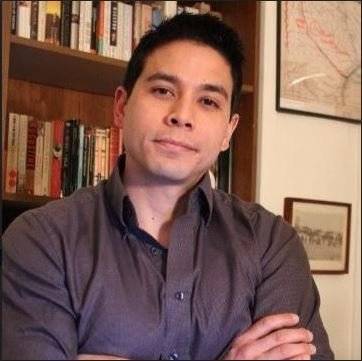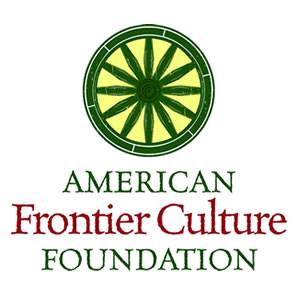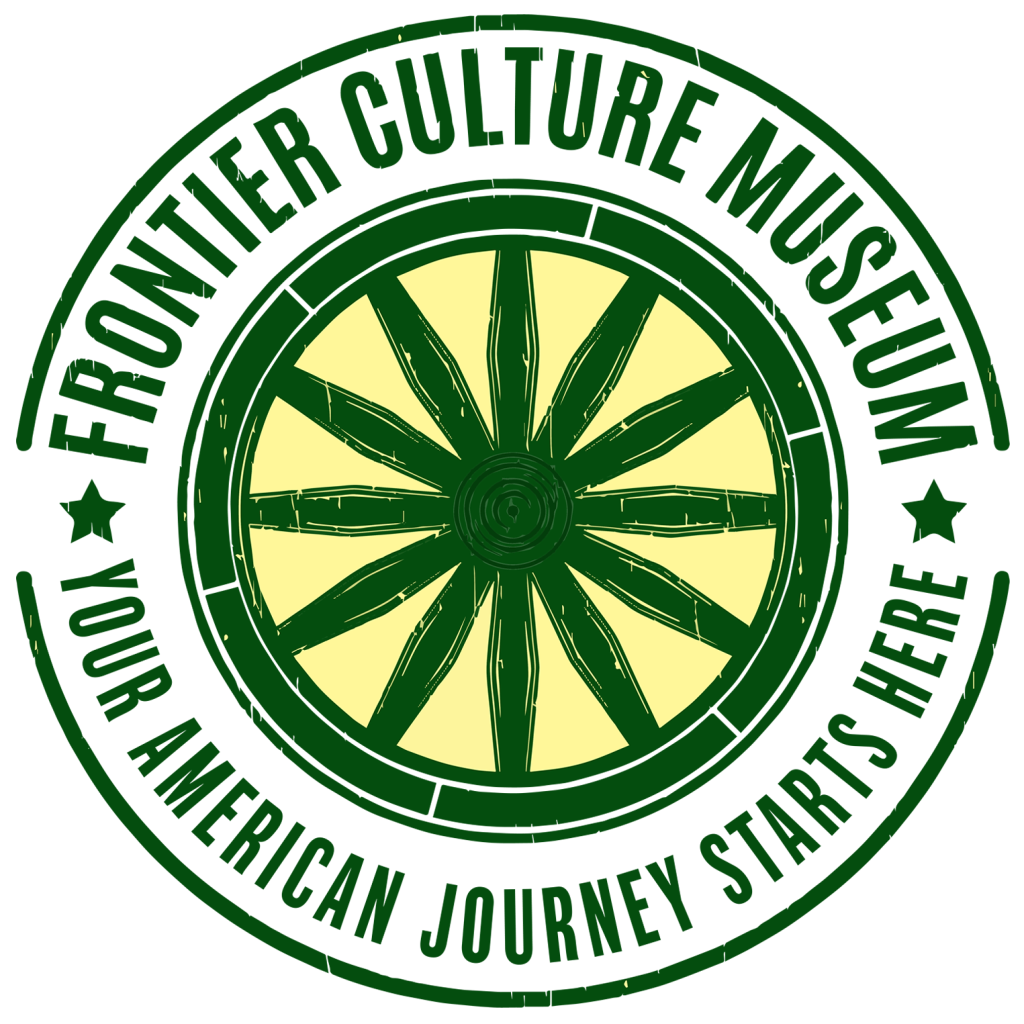Lecture Series
“A Story of How We Tell Stories: The Poetics of Contact”
Presented by: Jarrett Chapin
In this lecture, Jarrett Chapin will examine stories of contact or frontier interaction between Indigenous and colonist communities and offer an introduction to reading colonial history as literature. Observing what Hayden White has called the “ineluctably poetic nature of the historical work,” Chapin looks at stories by Indigenous North Americans, European colonists, and contemporary historians as products of a literary impulse that often derives its force or authority from its operation within a particular normative environment or worldview. In the examples offered in this lecture, these worldviews are either Indigenous, pro-indigenous, or pro-European. For example, eighteenth and nineteenth century depictions favored tragedy in depictions of Indigenous leaders who often failed despite or because of their superhuman characteristics, often a kind of Indian stoicism or resolve. Yet, as they fell, it was not often on their own terms or because they were simply blind, incautious, or insolent, as the classical hero often was, but because they were culturally Indian or represented an Indigenous mode of existence. In this way, the tragic Indian figure served as proof of concept for a European worldview that supported European imperialist ambitions and declarations of European cultural supremacy. Looking at tragedy as well as other literary modes like romance and comedy in both fiction and nonfiction accounts of Indigeneity, Chapin attempts to better understand the formal stakes of storytelling in histories of the present and to examine the unintended consequences of trying to tell a good story.

Meet the Speaker
Jarrett Chapin is a PhD candidate in Literary Studies at the University of Wisconsin – Madison. His research focuses on 18th and 19th century American Literature and 20th century Native American Literature. He is currently in Philadelphia as a Native American Studies Initiative Pre-Doctoral Fellow at the American Philosophical Society.


